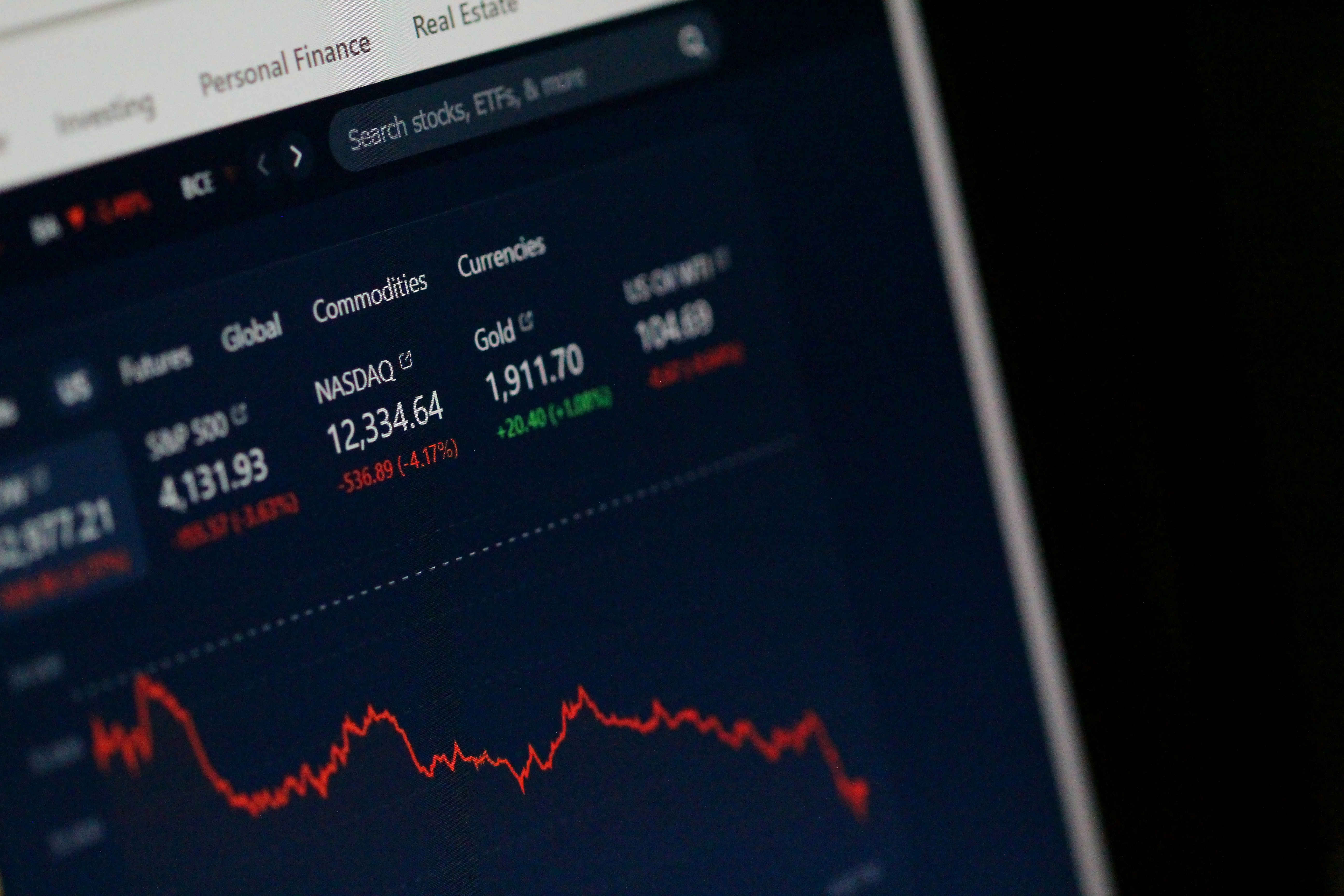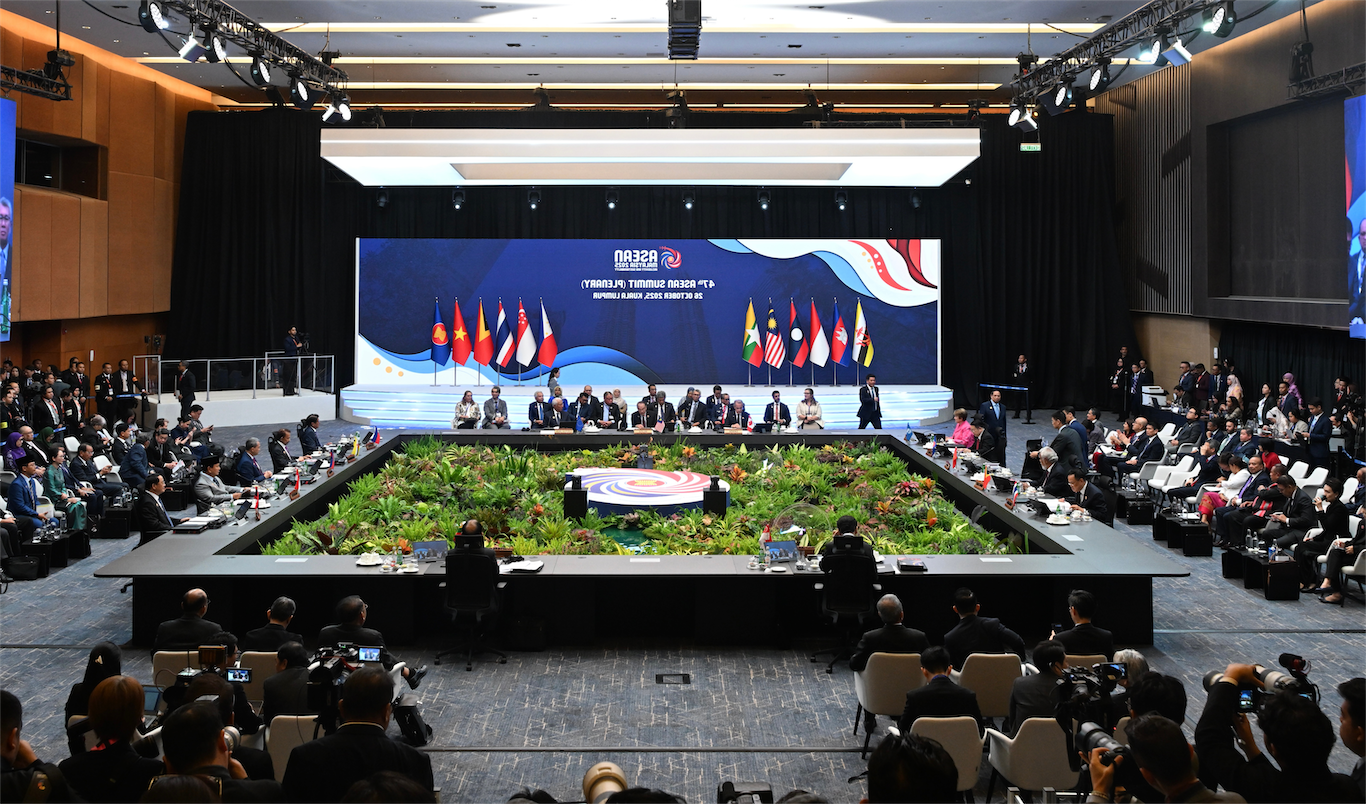In recent years, the region has witnessed significant trends towards embracing the blue economy, aiming to balance economic growth with environmental sustainability and resilience against climate change. Many international organizations have been trying to define the blue economy. The United Nations, for example, defined the blue economy as a range of economic sectors and policies to manage ocean resources sustainably. Within the regional context, the Indian Ocean Rim Association (IORA) and ASEAN have also developed their blue economy concepts. IORA specified the focus areas of blue economy cooperation into five fields: fisheries and aquaculture, seaport and shipping, renewable ocean energy, research and development, and tourism. Meanwhile, ASEAN limits itself to three principles of blue economy, namely value creation, inclusivity, and sustainability with some cooperation that has also been developed with the dialogue partners, including China, the United States, South Korea, Australia, and New Zealand. Lastly, regional trade agreement frameworks like the Regional Comprehensive Economic Partnership (RCEP) may also present a concrete opportunity for the development of blue economy cooperation, especially in terms of trade facilitation between ASEAN members and its partners.







